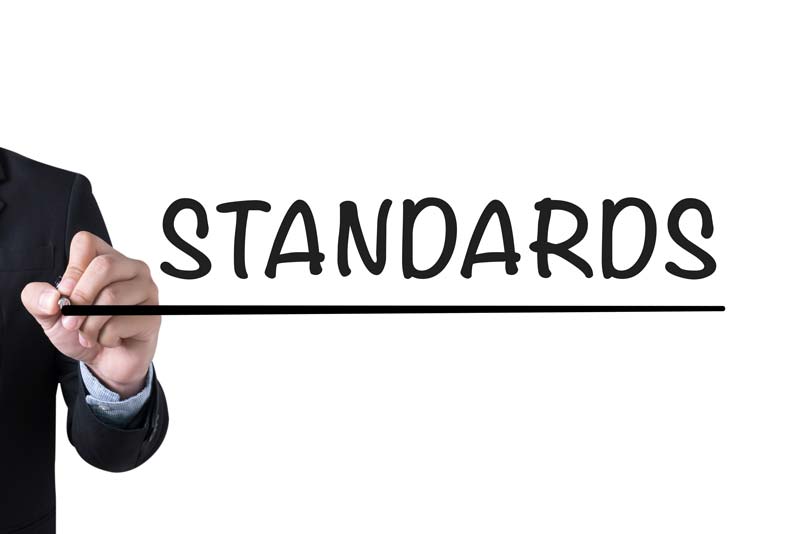Knowing and enforcing safety rules prevents deaths and is the primary purpose for ISO standards. But there are other iso advantages for your manufacturing company. Becoming ISO Certified, helps companies maximize profits, ensure the highest quality of products and demonstrate commitment to employee safety. ISO standards facilitate increased GDP and international trade, a billion-dollar business.
Brief History of International Organization for Standardization (ISO)
Based in Geneva, Switzerland, this world-renowned independent organization has provided specification for products, services and systems for 69 years.
Membership is comprised of experts who share knowledge and create industry-based standards that address the issues facing global challenges such as pollution, hazardous materials, machine tool systems, transportation and logistics, etc.
ISO Advantages:
1. Incident and Death Prevention
Workplace safety is like Murphy’s law. In 1877, Alfred Holt, an engineer, said, “It is found that anything that can go wrong at sea generally does go wrong sooner or later, so it is not to be wondered that owners prefer this safe to the scientific…”
Consider these safety violations.
– OSHA cited 2,427 federal violations in electrical systems. See www.manufacturing.net/news/2015/03/are-you-compliance-oshas-10-most-cited-violation
– 2 million American workers will experience workplace violence.
2. Universal Project Management Practices
ISO standards includes 21,000 international policies, specifications and procedures. You can find information through the use of classification, technical committee or keyword.
For example, 25: Manufacturing engine lists practices for manufacturing process, additive manufacturing, industrial automation, systems, etc. Section 25:200 includes ISO 15787:2016, the most current specification for heat-treated ferrous parts in technical drawings.
3. Ever-Changing Practices
According to ISO Strategy 2016-2020, the non-governmental agency promises to continually improve the ISO system to meet changing conditions.
For example, in Hazardous Communication Standard (29 FR 1910.1200), the “Right-to-Know” federal law, states that private-sector employers must give their workers information about the chemicals they use.
Since new chemicals are always being developed, this law has had several updates. Do you have the most current version?
4. Certification Advocacy
ISO does not administer certification testing. Instead they work with certification bodies.
Trained and certified workers tend to be more conscientious and accountable. Certification is good for morale and supports career advancement.
It is highly beneficial for relocation. An employee can move to another country and quickly contribute to his new team because there is only a minimal learning curve.
5. Revenue Generation Through Streamlined Efficiency
ISO has green initiatives that increase energy efficiency.
Also, performing unnecessary tasks actually waste time and costs your company money. Following established guidelines ensures proficient practices with measurable results like the following.
– Proper use of machinery ensures less breakdowns, costly repairs and down time.
– Proper procedures mean accomplishing tasks correctly the first time.
When you consider the consequences of faulty practices and inferior materials and malfunctioning equipment, iso advantages are clear. The world definitely needs ISO.
Want to learn more about how your company can benefit from the ISO Standards and becoming ISO Certified?
Contact Ledge today.

